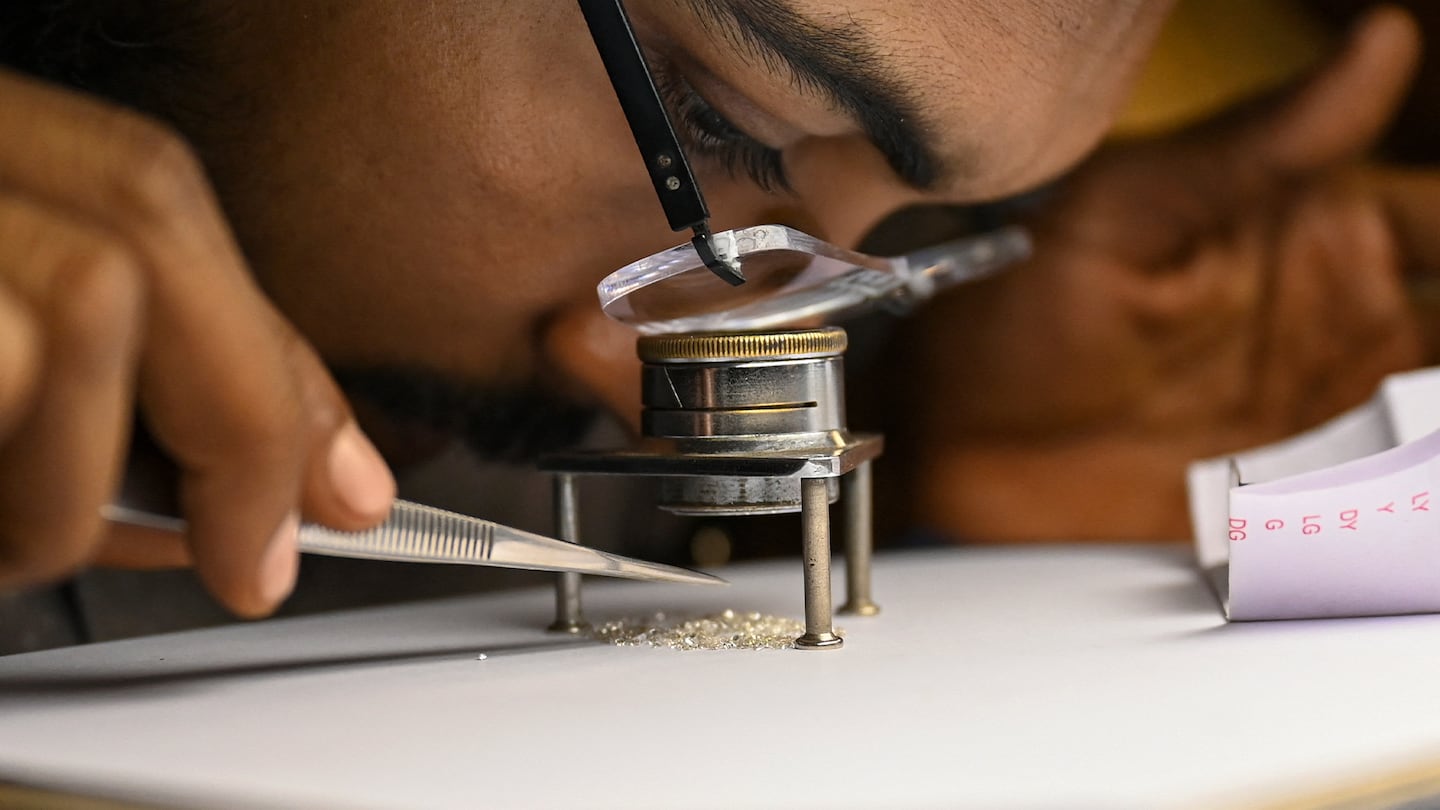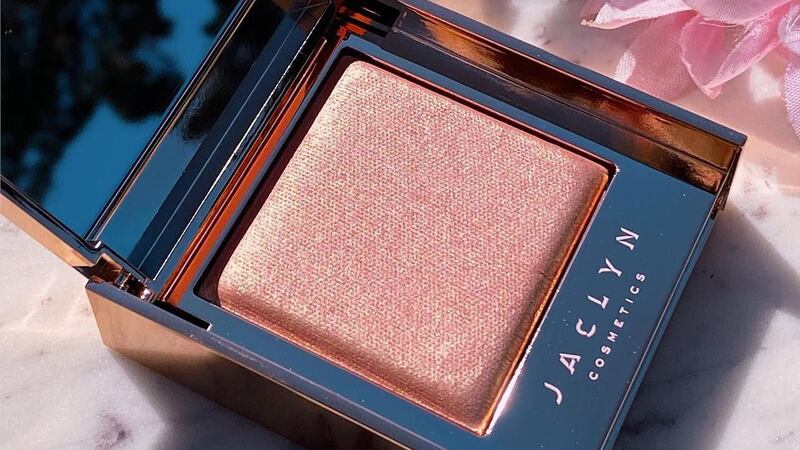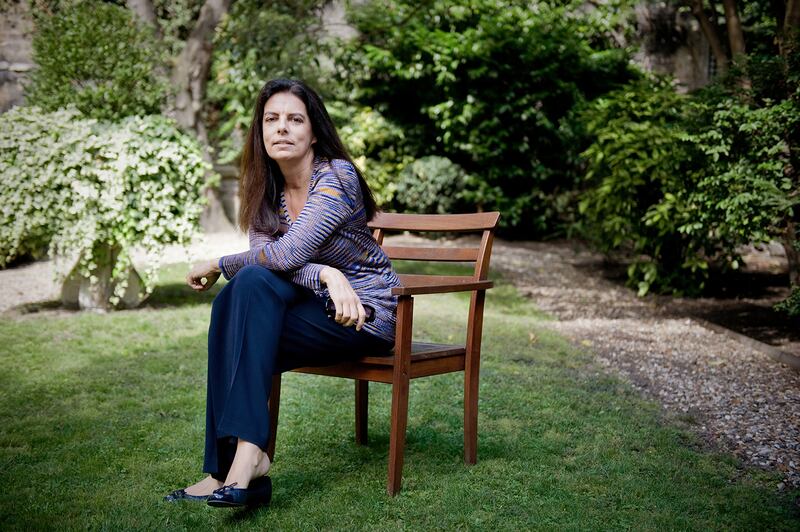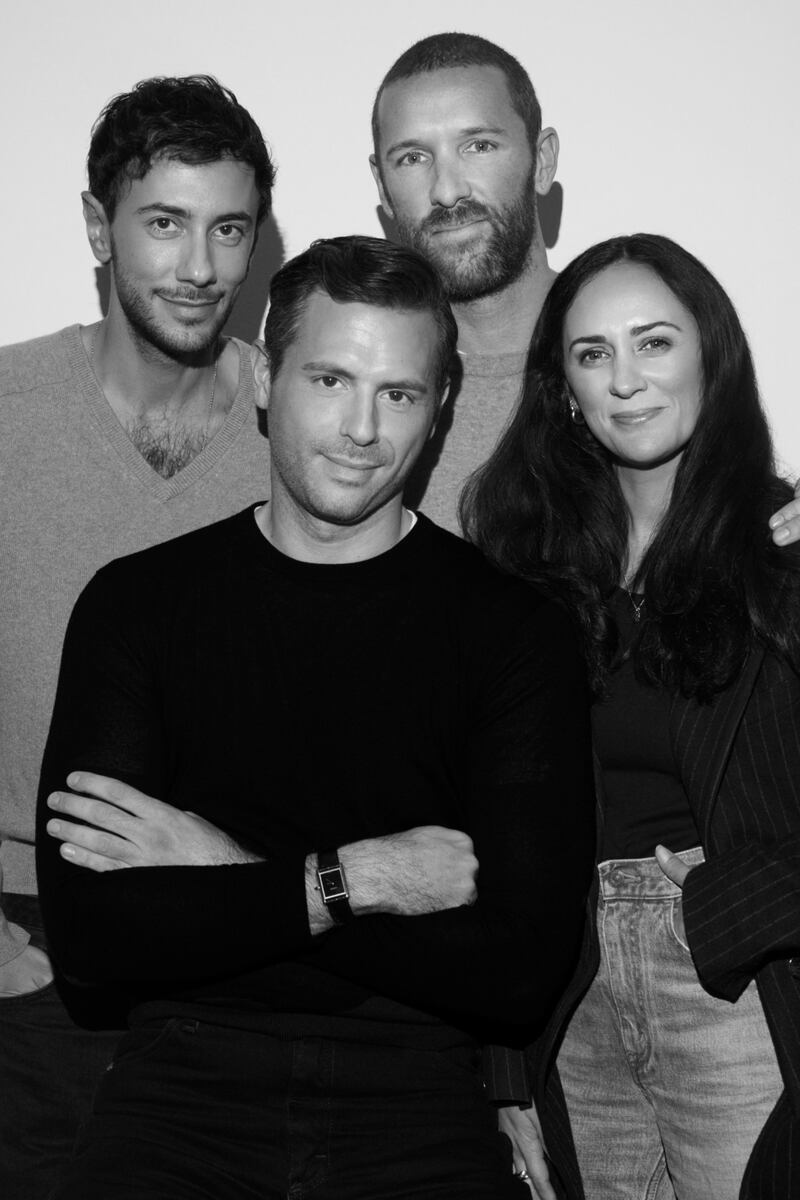
The Business of Fashion
Agenda-setting intelligence, analysis and advice for the global fashion community.

Agenda-setting intelligence, analysis and advice for the global fashion community.

After close to two years of conflict, the global diamond market is set to feel the full consequences of the war in Ukraine.
This week, the EU added the world’s biggest diamond producer, Russia’s Alrosa to its sanctions list alongside CEO Pavel Alekseevich Marinychev. The new year marked the start of an escalating series of export restrictions on Russian stones coordinated with the G7, which includes the US, UK, Canada and Japan, as well as EU members France, Germany and Italy.
Some countries had already imposed their own sanctions, but negotiating a comprehensive deal on diamonds proved difficult. Compared to products like oil, the sparkly stones are a relatively small money maker for Russia, figuring out a system to effectively police the market proved challenging and diamond traders in Antwerp, the Belgian port city that serves as a major trading hub for the precious stones, lobbied to slow restrictions on the lucrative business.
But now a comprehensive sanctions scheme has been agreed, it stands to push through seismic changes in the way the diamond industry operates, imposing new requirements for transparency and traceability in a sector that has historically operated with little of either.
ADVERTISEMENT
“These sanctions have been in the works for two years now and it took this long because it’s that challenging to come up with a framework that everyone in the industry can effectively adhere to,” said diamond industry analyst Paul Zimnisky.
Though the US and UK banned direct imports of rough diamonds from Russia shortly after the war began, stones cut and polished elsewhere in the world have remained fair game until now.
But as of the start of January, the EU and G7 have banned the direct purchase of non-industrial diamonds from Russia. These will be followed by further restrictions on the import of Russian diamonds processed in third countries starting in March. Come September, diamonds sold within the powerful group of countries will need to adhere to a certification scheme to verify where they came from. In Europe, jewellery and watches containing diamonds will be included too.
In other words, even if stones are sent halfway around the world for cutting and polishing, if they originated in Russia they’ll be banned from markets in Europe and the G7. And the industry will need to figure out how to prove where those stones originated.
No one seems to really know yet. Diamond supply chains are long and complicated, with stones typically passing through dozens of hands in multiple countries before making it to market.
Keeping track of where stones originated while navigating this web of hard-to-police middlemen is notoriously difficult. That’s particularly true for the smaller diamonds Russia is known for producing, which are typically sold in large quantities and often mixed with stones from multiple places.
So far, the EU and G7 have only painted a broad outline of their plans for a system to trace and verify the origin of stones, with a pilot system set to be operational at the beginning of March. Industry groups including the World Diamond Council, Antwerp World Diamond Centre, the Gem and Jewellery Export Council of India and The Gemological Institute of America have been working together to develop an effective solution.
“It’s a bit of a work in progress,” said Morgane Winterholer, general manager of strategic brands and sustainability diamond manufacturer Dimexon. “At the moment it is extremely important that the roadmap needs to be developed.”
ADVERTISEMENT
Technology could help. GIA is able to triangulate data gathered from a rough stone and match it to finished diamonds, but this still relies on documentation of where the stone came from to begin with. De Beers has developed a blockchain based traceability system known as Tracr. And a variety of other companies are developing their own offerings.
But none of these solutions are operating at scale and there’s currently no scientific method to trace a diamond right back to the mine.
The new sanctions will dramatically accelerate efforts to build traceability into the diamond industry in a way that will restructure supply chains that stretch around the world.
Big businesses have been preparing for the change. LVMH-owned Tiffany and Richemont both said they stopped sourcing Russian stones shortly after the war broke out. Dimexon has segregated its supply chain to ensure Russian stones don’t reach Western clients, tracking each transaction and relying on direct commercial relationships with mining companies to demonstrate the origin of each package of stones.
These changes have market ramifications too. Russia accounts for roughly one third of the world’s diamond supply, and while many of those stones will likely still end up sparkling in engagement rings, necklaces and tennis bracelets bought by consumers in countries outside of the new sanctions regime, those that fall under its reach account for nearly three quarters of global jewellery demand, according to Zimnisky.
“In the medium- to longer-term, there will be times the industry runs into supply shortages because of this,” he said.
THE NEWS IN BRIEF
FASHION, BUSINESS AND THE ECONOMY
ADVERTISEMENT

Abercrombie’s 285 percent surge in 2023 makes it top performer in S&P 1500 Index. The strong showing, the retailer’s best since going public in 1996, is a sharp pivot from 2022, when its shares fell 34 percent. Shares of Abercrombie fell 4.7 percent this week as Friday capped a five-session losing streak, the stock’s longest since April.
Arc’teryx and Salomon owner Amer Sports files for US IPO. Amer Sports’ revenue was $3.05 billion in the nine months ended Sept. 30, compared with $2.35 billion a year earlier. Adjusted EBITDA, or core earnings, surged to $422.1 million versus $261.8 million.
Buy now, pay later plans fuel record online holiday shopping. Plans that let US consumers pay over time helped generate a record $222.1 billion in online holiday sales Nov. 1 through Dec. 31. Use of buy now, pay later financing plans hit an all-time high of $16.6 billion for e-commerce purchases in the last two months of 2023.
Next bullish on profit after festive surge. Next Plc raised its profit forecast for the fifth time since June. Next stock rose 4 percent in early London trading. The company expects a full-year pre-tax profit of £905 million ($1.1 billion).
JD Sports issues profit warning and blames weather for weak sales. The British sportswear retailer now sees pretax profit for the full year between £915 million ($1.16 billion) and £935 million, down from £1.04 billion previously. Shares fell 20 percent in early trading in London.
Thai retailer says it’s received no communication about Selfridges investment. In a statement Central Retail Corp. clarified it was not in discussions with its parent, Central Group, about any investment opportunity in the UK brand.
Bangladesh deploys army to keep peace ahead of Sunday’s election. The troops will only act on request from polling officers, the military said in a statement. People fear that the violence that has swept Bangladesh in the last two months could return after the poll.
Luxury stocks are set for a bleak earnings season, UBS warns. UBS analysts said slowing demand from Chinese shoppers and the absence of significant pick up elsewhere would weigh on sales. Investors expect this year to start on a weak footing before a revival toward the second half.
Rolex is raising UK watch prices, but its US pricing is unchanged. The Geneva-based watchmaker increased prices at dealers in the UK by an average of about 4 percent to start the year, according to a Barclays report.
Lululemon seeks distance from founder Chip Wilson’s diversity comments. Wilson told Forbes that Lululemon’s DEI efforts are an attempt to be mainstream, likening the company to The Gap. A Lululemon spokesperson said the company has made a concerted effort to improve the racial representation.
Aspen Skiing Company files federal lawsuit against luxury skiwear label Perfect Moment. The lawsuit alleges “trademark infringement, false association and/or false endorsement, and unfair competition.” The resort is also asking for compensation for profits incurred by Perfect Moment as well as unspecified damages and attorneys’ fees.
THE BUSINESS OF BEAUTY

Jaclyn Hill’s namesake cosmetics line to shut down. The influencer-fronted label is another casualty of parent company Forma Brands’ post-bankruptcy restructuring efforts. Forma Brands president Simon Cowell said the company’s new focus would be “product first, not “influencer first.”
Benefit Cosmetics to shrink China presence. The LVMH-owned company is shuttering much of its e-commerce presence in the country on Jan. 28, and will no longer be available at Tmall, JD.com or Douyin.
Eli Lilly warns against ‘cosmetic’ use of popular weight-loss drugs. Lilly did not outline any additional steps it is taking to prevent off-label use. The company also said it was concerned about knock-off versions of its medicines that have not been approved by the US Food and Drug Administration.
Walgreens profit beats Wall Street as sales rise amid cost cuts. Walgreens will almost halve its quarterly dividend to 25 cents a share, CEO Tim Wentworth said Thursday. The move will help increase cash flow, freeing up capital to invest in the pharmacy and health care businesses, he said.
PEOPLE

L’Oréal heir Francoise Bettencourt Meyers becomes first woman with $100 billion fortune. The milestone came as shares of L’Oréal SA rose to a record high, with the stock set for its best year since 1998. The move makes her the 12th richest person in the world.
Vogue appoints Raul Martinez as global creative director. In this position, Martinez will be responsible for the creative direction of all Vogue editions including international titles. He will also oversee the further integration of video storytelling into the magazine’s platforms.
MEDIA AND TECHNOLOGY

DLX to open London office. The Paris communications agency is opening its third location in London’s Fitzrovia neighbourhood. Sarah Johnson, former head of brand marketing and communications at Brown, will join the DLX team as co-founder and managing director in the UK.
Montana appealing ruling that blocked the state from barring TikTok use. Montana’s ban had been set to take effect Jan. 1 but a US district judge, issued a preliminary injunction to block the ban on Nov. 30. Montana Attorney General Austin Knudsen filed a notice that the state is appealing the ruling to the Ninth Circuit US Court of Appeals.
TikTok eyes $17.5 billion shopping business on Amazon’s turf. The social platform aims to grow the size of its US e-commerce business tenfold in 2024. Last year, TikTok was on track to amass around $20 billion gross merchandise value.
Compiled by Yola Mzizi.
Though e-commerce reshaped retailing in the US and Europe even before the pandemic, a confluence of economic, financial and logistical circumstance kept the South American nation insulated from the trend until later.
This week’s round-up of global markets fashion business news also features Korean shopping app Ably, Kenya’s second-hand clothing trade and the EU’s bid to curb forced labour in Chinese cotton.
From Viviano Sue to Soshi Otsuki, a new generation of Tokyo-based designers are preparing to make their international breakthrough.
This week’s round-up of global markets fashion business news also features Latin American mall giants, Nigerian craft entrepreneurs and the mixed picture of China’s luxury market.